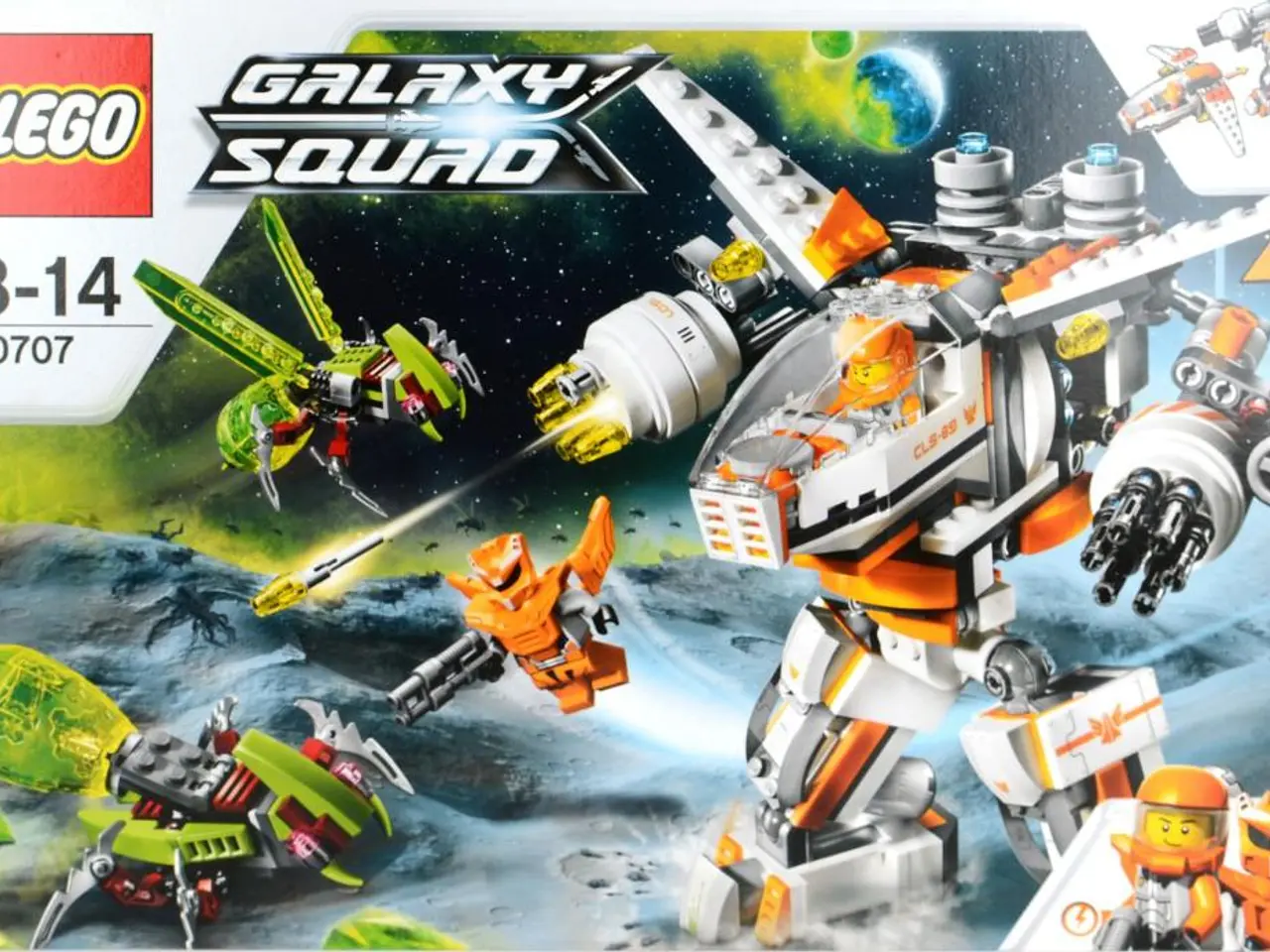Artificial Intelligence Mini-Model of Coral Protocol Achieves Peak Performance on GAIA Benchmark Test
Coral Protocol, a decentralized AI infrastructure platform, has made a significant stride in the AI sector with its mini-model system. According to Caelum Forder, Coral Protocol's CTO, this achievement is noteworthy for the entire AI segment and the mini-models scene.
The GAIA Benchmark, an industry-standard evaluation suite for advanced AI capabilities, validates NVIDIA's thesis that smaller AI models, when intelligently orchestrated, represent the future of the industry. Coral's mini-model system outperformed Microsoft-backed Magnetic-UI by 34% on the GAIA Benchmark, a leading test measuring AI's capacity to solve complex, real-world problems.
The Coral GAIA Agent System, built on the Coral Protocol and inspired by CAMEL's OWL, uses specialized agents for tasks such as answer finding, assistance, critique, image analysis, planning, problem solving, search, video processing, and web browsing. These agents collaborate intelligently via a secure parallel architecture, reducing computational overhead, supporting faster and more interconnected processing, and demonstrating a practical path forward for AI infrastructure that is more efficient and scalable.
This breakthrough opens several opportunities for small models in AI. It validates smaller AI agents' competitiveness, as they can deliver superior or equivalent performance compared to larger single models. It also improves efficiency, as smaller models require less computational power, enabling faster, more cost-effective AI systems suitable for deployment in decentralized or resource-constrained environments.
Moreover, horizontal scaling fosters the creation of decentralized AI networks, termed the "Internet of Agents," where specialized mini-models collaborate securely, enabling flexible and verifiable multi-agent AI systems. This encourages a move away from simply scaling parameters toward optimizing collaboration and coordination between specialized models, promoting innovation in AI architecture.
The Coral system's agents interface with one another using the Coral server's MCP communication tools. Agents in the system demonstrated superior reasoning, planning, and problem-solving capabilities on the GAIA Benchmark, topping the leaderboard for small models. This coordination allows any language model, whether large or small, to operate more effectively.
Coral's results challenge the conventional trend of building larger models for more complex tasks, as they show that smaller systems can be just as effective and do not sacrifice on speed, security, and cost. This achievement gives developers confidence to create powerful yet lightweight agents supported by small models.
In summary, Coral Protocol's AI mini-model success on the GAIA Benchmark demonstrates that orchestrated small AI agents present a viable and practical alternative to large model scaling, heralding new directions for AI system design and deployment, particularly favoring distributed, efficient, and collaborative AI frameworks.
[1] Forder, C. (2022). Coral Protocol: Pushing AI Beyond Its Typical Capacity. Retrieved from https://coralprotocol.io/
[2] NVIDIA. (2021). GAIA Benchmark: Evaluating AI's Capacity to Solve Real-World Problems. Retrieved from https://developer.nvidia.com/gaia-benchmark
[3] Magnetic-UI. (2021). Microsoft-Backed AI System Challenges Traditional AI Trends. Retrieved from https://magnetic-ui.com/
[4] CAMEL. (2020). OWL: A New Approach to Building Intelligent Systems. Retrieved from https://cameleonai.com/owl/
[5] Internet of Agents Consortium. (2019). Decentralized AI Networks: The Future of AI Infrastructure. Retrieved from https://internetofagents.org/
- The success of Coral Protocol's decentralized AI mini-model system on the GAIA Benchmark showcases a promising direction for AI system design, moving away from large model scaling towards efficient, collaborative, and distributed frameworks. (Coral Protocol's AI mini-model success, distributed, collaborative AI frameworks)
- The competition between Coral's mini-model system and Microsoft-backed Magnetic-UI on the GAIA Benchmark highlights the potential of smaller AI models in addressing complex, real-world problems, and validates their competitiveness in the crypto and technology market. (Competition, smaller AI models, crypto and technology market)
- The Coral GAIA Agent System, utilizing AI technology and artificial-intelligence-based agents, fosters the development of decentralized AI networks, such as the "Internet of Agents," which promotes innovation in AI architecture and AI-focused crypto protocols. (Coral GAIA Agent System, AI technology, "Internet of Agents", AI architecture, crypto protocols)




